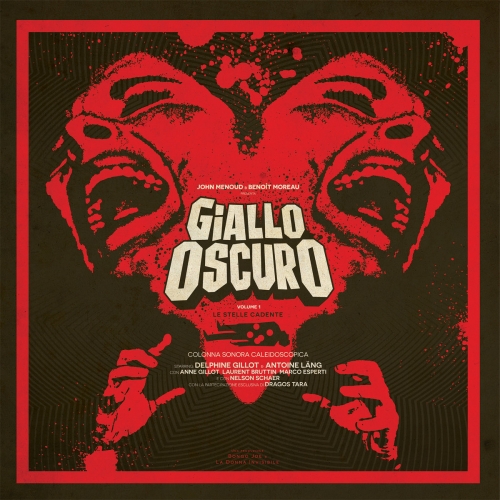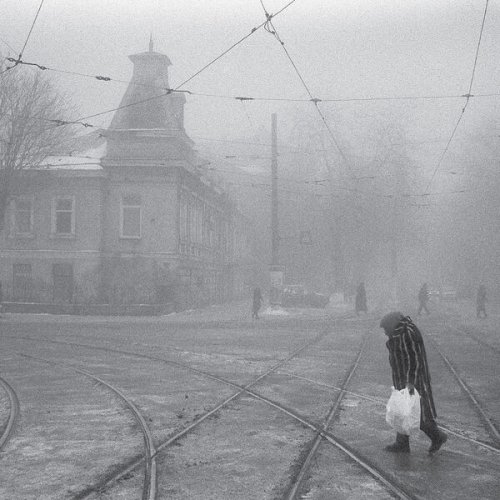Egil Kalman, Hans Hulbækmo - Unit of Time (2025) [Hi-Res]
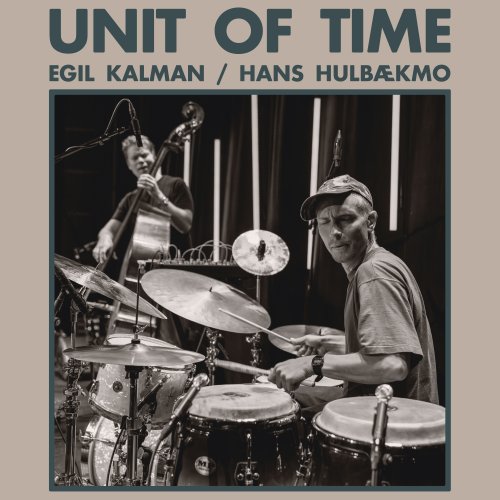
Artist: Egil Kalman, Hans Hulbækmo
Title: Unit of Time
Year Of Release: 2025
Label: Motvind
Genre: Jazz
Quality: flac lossless (tracks) / flac 24bits - 48.0kHz
Total Time: 00:39:56
Total Size: 231 / 458 mb
WebSite: Album Preview
TracklistTitle: Unit of Time
Year Of Release: 2025
Label: Motvind
Genre: Jazz
Quality: flac lossless (tracks) / flac 24bits - 48.0kHz
Total Time: 00:39:56
Total Size: 231 / 458 mb
WebSite: Album Preview
01. Arythmetics
02. Gangar
03. Unit of Time
04. Filleværen
05. Better Get It
06. Turns Purple
07. Heilo
08. Forecast
09. Drift Metal
With Unit of Time, Hans Hulbækmo and Egil Kalman aim to show that we can experience the essence of time through rhythm. How can the perception of time—both for the listener and the performers—be turned completely on its head by rhythm?
By zooming in on rhythms from traditional music from around the world, the hyper-focused interplay of free jazz, and the rhythmic structures of just-intoned drone music (which is essentially about resonant intervals built on polyrhythms), these gentlemen create a wholly unique rhythmic universe—a universe where both listeners and performers can lose themselves in a thicket of twisted branches.
As you know, Motvind Records is much about filling out our own record collections, and it’s high time for a drum’n’bass record that you can enjoy on the couch at home. Piercing the Veil by William Parker and Hamid Drake is fantastic, but it’s 25 years old... Now, we finally have another album where the groove button is stuck in the "on" position, and creativity overflows.
"The rhythm section" has long had a supporting role in rhythmic music like jazz, pop, and rock, often overshadowed by a brash saxophonist, lead guitarist, or singer dominating most of the frequency range. In jazz, much happened early on with drummers like Max Roach, Kenny Clarke, and Warren "Baby" Dodds, as well as bassists like Jimmy Blanton, Charles Mingus, and Scott LaFaro. In folk music traditions with strong rhythmic elements, such as those in Africa and Southeast Asia, these instruments have played a more prominent role in shaping the music. But all too often, especially in Norwegian folk music, these instruments have had a rather static function. In my own record collection, I even have an album where the accompanying musicians aren’t credited—it just says, "Ola Opheim, fiddle w/Rhythm."
However, Hans Hulbækmo and Egil Kalman have long been a playful and creative rhythm section, with one foot in free jazz and the other in folk music. They’ve played together in the Marthe Lea Band and other projects, and since last year, they’ve delved into the folk music of Norway and Sweden—all set in an experimental duo format: drums and mouth harp (Hans) meet modular synth and double bass and mouth harp (Egil). They’ve now gone deeper into this, aiming to create an album they can take on tour.
Both individually and together, they have explored folk music, jazz, and experimental electronic music. Their projects, such as Hulbækmo & Jacobsen Familieorkester, Skrekk & Guro, Camilla Hole Trio, and Reolô, showcase their diverse musical backgrounds. In this duo project, they draw from rhythmic details in folk music—small elements that form the basis for minimalist compositions full of improvisation.
They have composed and improvised most of the material, including a traditional tune from Setesdal, Filleværen. The album is a good old-fashioned musical journey where all the tracks have distinct characteristics yet are strangely interconnected. The music is also highly visual. Once the record has spun through once, it’s tempting to flip it over again—once you get a taste for good music, it’s hard to stop.
And they don’t let the groove dictate everything. Some melodies are interpreted more straightforwardly, but the unconventional instruments they use give the music a different kind of depth. Unusual timbres and sonic phenomena emerge, giving the music a hypnotic quality. Both the listener and the musicians themselves can get lost in the groove, immersed in a rhythmic cosmos.
![Mark De Clive-Lowe, Andrea Lombardini and Tommaso Cappellato - Dreamweavers II (2026) [Hi-Res] Mark De Clive-Lowe, Andrea Lombardini and Tommaso Cappellato - Dreamweavers II (2026) [Hi-Res]](https://www.dibpic.com/uploads/posts/2026-02/1772112550_tl3tb7yl8u13z_600.jpg)
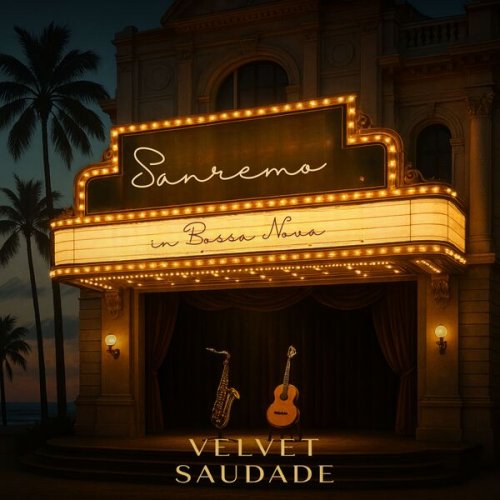
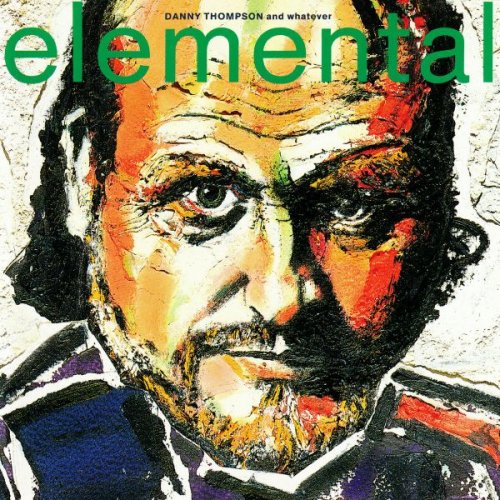
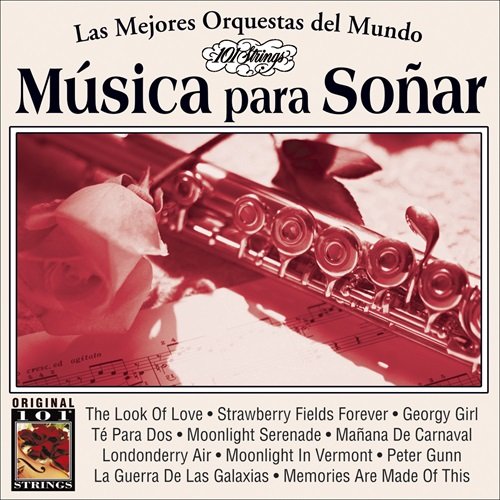
![Vince Guaraldi & Bola Sete - From All Sides (Remastered 2026) (1965) [Hi-Res] Vince Guaraldi & Bola Sete - From All Sides (Remastered 2026) (1965) [Hi-Res]](https://www.dibpic.com/uploads/posts/2026-02/1772124624_cover.jpg)
![Cheo Feliciano - Mi Tierra y Yo (Remastered 2026) (2026) [Hi-Res] Cheo Feliciano - Mi Tierra y Yo (Remastered 2026) (2026) [Hi-Res]](https://img.israbox.com/img/2026-02/26/3utwbyq7th3hn4a5zsf7qsky1.jpg)
